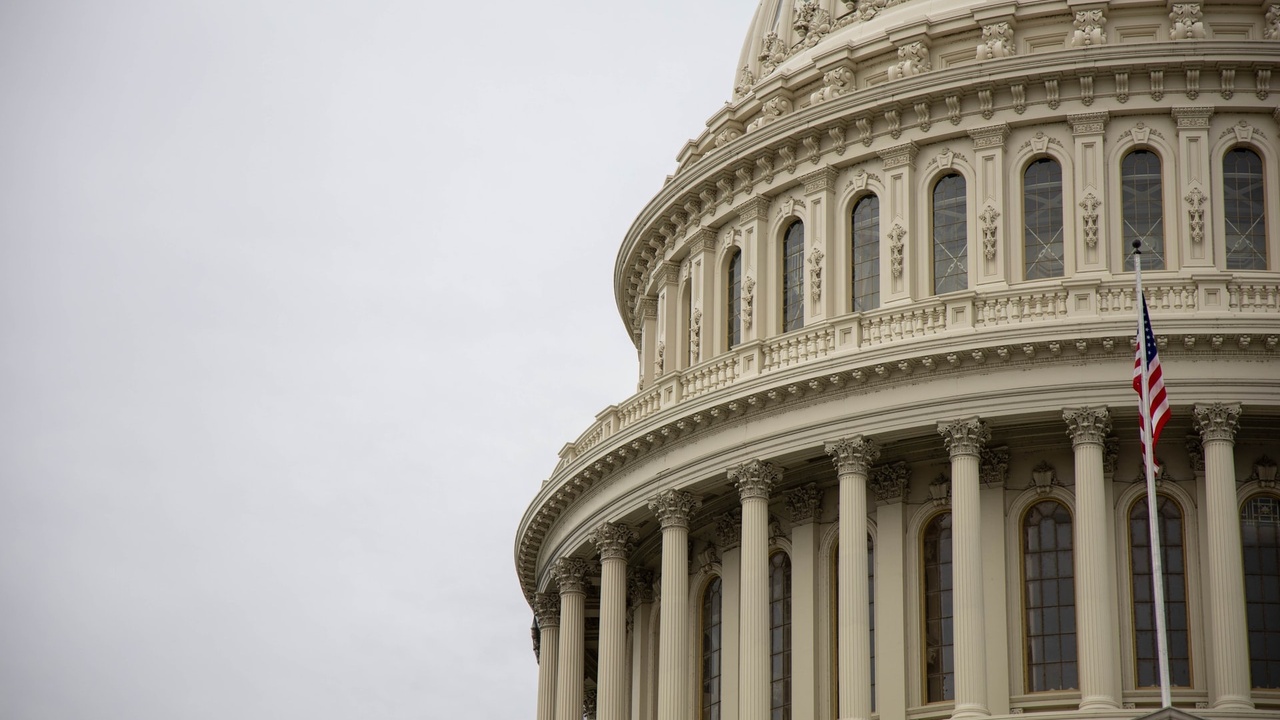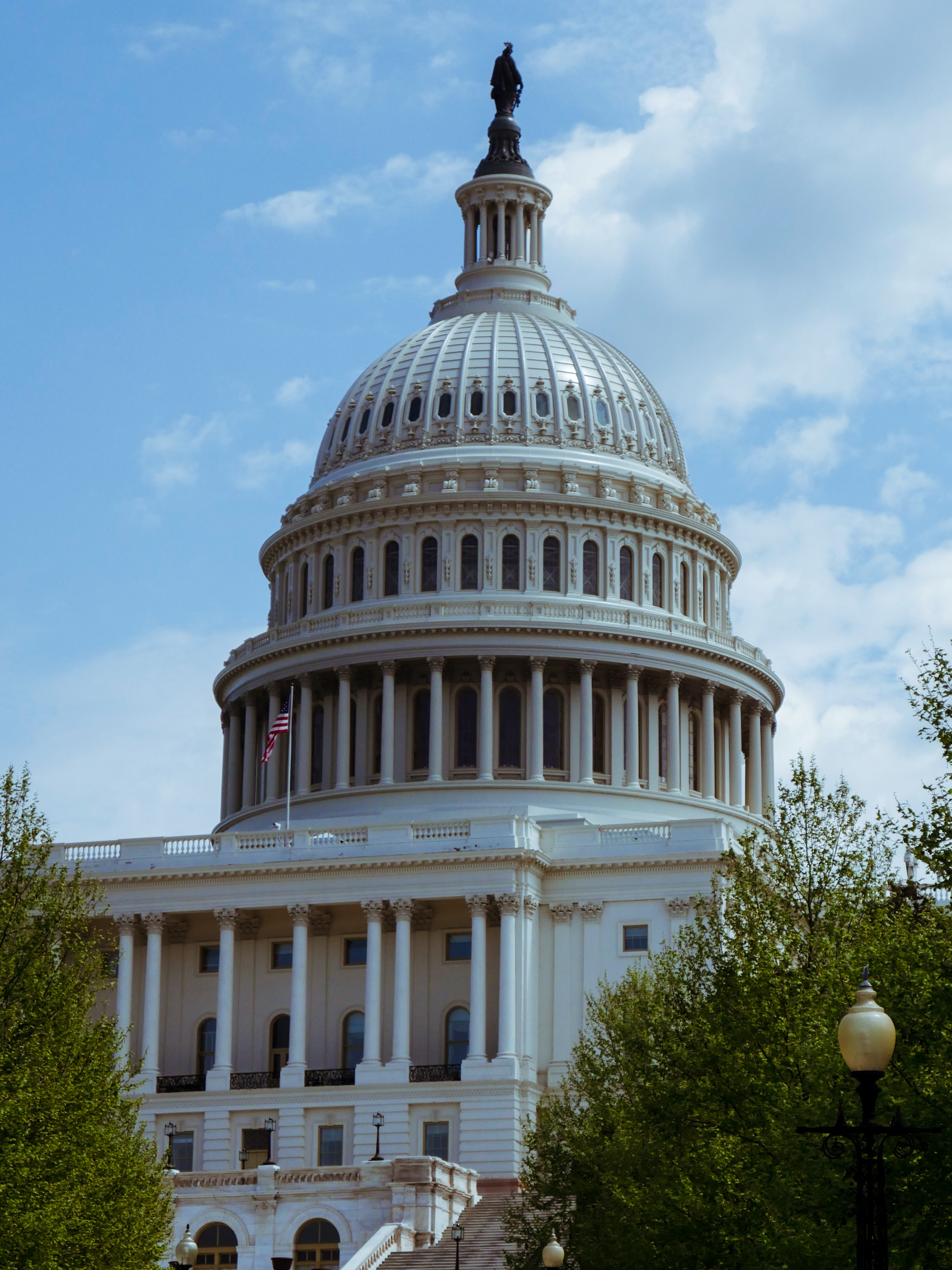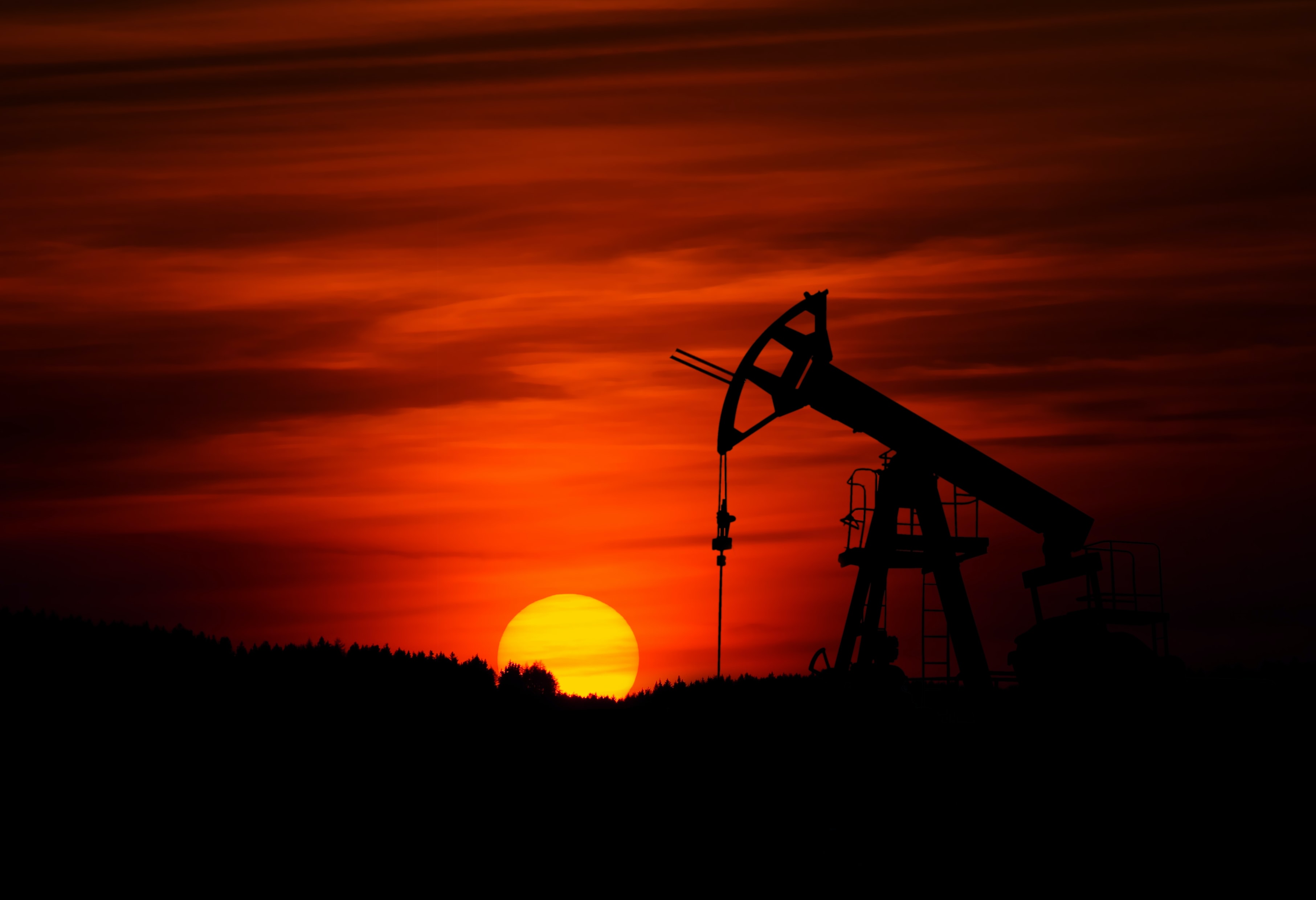(Un)Politicizing Climate Action
Jul 28, 2022
Remember when our knowledge of climate change was nonpartisan? Neither political party - Democrats or Republicans here in the States - saw climate change as a polarizing topic. It was just science and data.
No? That’s okay, neither do I.
I was born in 1998 and the first presidential administration I remember is Barack Obama’s first term in 2008. Within my lifetime, I have witnessed 3 different Presidents (and not to mention transitions in Congress) and across those 14 years, climate change has always been a divisive issue.

As a huge U.S. History nerd, I wanted to learn more about how America’s government politicized climate action, what impact it has had on how Americans perceive climate change, and how this has impacted our ability to address the issue.
One of our favorite podcasts is How to Save A Planet and their episode, Making Republicans Environmentalists Again, gave me some insight into how (and when) the two dominant political parties in the U.S. started fraying in how they view climate change.
There have been a number of presidents from both parties who have advanced the environmentalist movement forward, even before we had the term “sustainability.” Teddy Roosevelt established the National Parks System, Benjamin Harrison created some of the first laws protecting a number of animal species, Richard Nixon formed the EPA which led to a number of laws protecting Americans from pollution, Bill Clinton was the first president to address environmental justice, and (hopefully) Joe Biden will be able to create sweeping infrastructure for renewable energy.
So, if the United States has a rich history of environmental protection legislation, why has climate change, conservation, and sustainability become such a divisive subject?
In short - the fossil fuel industry got involved.
In states where the fossil fuel industry has deep roots (Texas, West Virginia, Pennsylvania, and more), it has been incredibly challenging to shift to renewable energy. There is a ton (actually TONS) of money in the fossil fuel industry and, more often than not, the people who represent these states benefit greatly from the success of the industry, sometimes at all costs.

In addition to this, people may be - scratch that - are fearful of change. For many of these constituents, the fossil fuel industry has been a longtime, loyal employer. Therefore, it could be perceived that if the fossil fuel industry is no longer, the workers will lose their source of income. A reasonable fear, indeed.
So, I ask you to pause here and respond in empathy - it is my guess that all of us have at one point feared losing our jobs and wondering how we will provide for our family. Transitions are filled with uncertainty, but if the government can properly, and justly, transition to Industry 4.0, especially the reskilling component, we can ensure job security for those who have dedicated their lives to, let’s face it, the fuel behind our progress (pun intended).
This is the short form answer to the above question, and I highly recommend listening to the podcast episode to get a deeper dive, but I think it’s time to shift to my next question:
What impact has division had on how American citizens view climate change?
I majored in Communications while I was in college and one of the main principles we were taught is the power of story. We often look at stories as things like books, movies, poems, or other forms of media, but one of the most powerful storytelling approaches is speech. Coincidentally, speeches are one of the most widely used forms of communication between leaders and their constituents. The reason?
All great speeches have the power to persuade an audience.
Oftentimes, we see Presidents and Congresspeople deliver speeches that tell a particular narrative. That narrative may not be entirely factual, but they don’t care because the goal is not to be honest - it’s to persuade. However, this can be incredibly damaging to how people view topics like climate change. When personal bias is applied to an unbiased area of focus, such as climate science, the information becomes murky and people are left scratching their heads.
Now, we could get into a long conversation about groupthink and the effect authority has on our perceptions, but alas, we don’t have time for that. So instead, let’s move on to my final question - how has division impacted our ability to address climate change?
The division we face has limited our ability to act on climate change drastically.
All of the above reasons have contributed to the culture we are currently in, but the most devastating part (in my opinion) is that we have forgotten how to talk to each other.
While we can’t control what our government does after they’re elected, (but don’t let that discourage you from getting out and voting!), we can talk to people who have different opinions than us.
Engaging in dialogue can create new perspectives, and new perspectives can actually help us address the problem better! It helps us see the problem as a whole, instead of from one vantage point. In other words - we’re talking collaboration, people!
It’ll be awkward, and uncomfortable, and you may even get a little heated, but this is part of the process. One of the other things I learned as a Comm. major is that conflict is okay, dare I say… good! We’re bound to disagree with people, but it’s how we handle it and engage with that conflict that can lead to real systemic change. In short, reach out to that neighbor or family member who belongs to a different political party, and let’s talk this out. For all our sakes!
When was the last time you talked to someone about climate change? Did they have the same opinion as you? Share your story with us in the comments below!
Thanks for joining me and I’ll catch you guys in the next session,
McKenzie
#keeplearning #climate #sustainability
